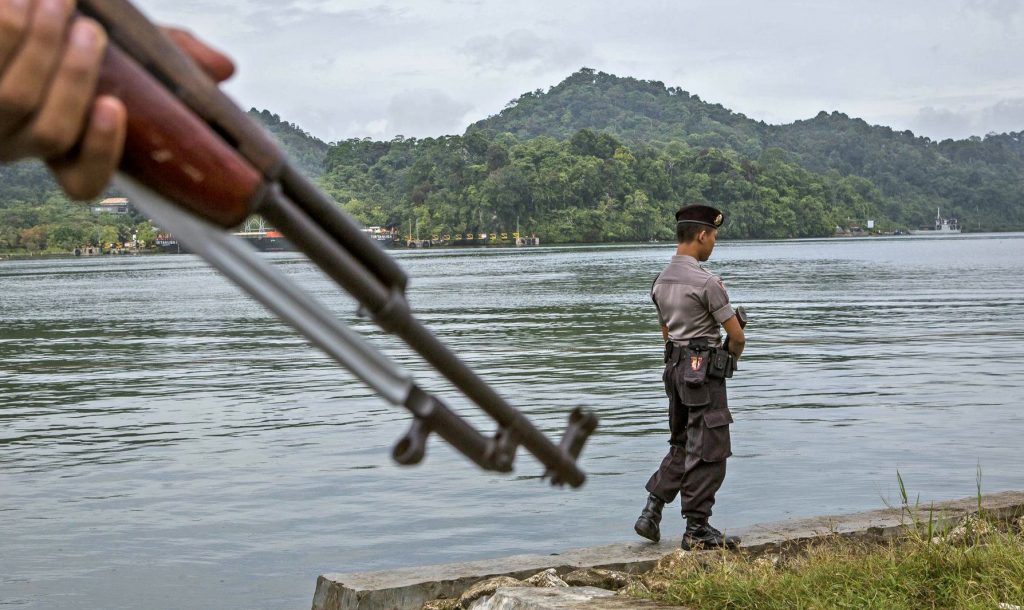Hard questions for Indonesia’s President as he orders yet another round of executions.
There is nothing more final than the death penalty. No second chances. No room for regret.
With Indonesia moving towards another round of executions the President must face the troubling question: “Jokowi, are you sure?”
Are you sure this taking of lives will reduce the incidence of drug-related deaths?
The number is put at 40 to 50 a day by the BBN, the National Narcotics Agency. A figure that is considered by some to be an inaccurate guestimate at best. In addition, there has been no correlation made between execution and reduction in crime, with drug-related crimes increasing since the last round of executions in 2015.
Are we to assume the Indonesian Government is willing to assume God’s mandate, the taking of life, in the hope that a correlation that doesn’t exist will have a positive impact on an inaccurate number? Like wildly aiming at an invisible nail with a hammer that doesn’t exist.
Are you sure the verdict was warranted? Was it fair?
In ‘round three’ of this execution-fest there have been multiple claims of unfair trial. From lack of legal representation and interpreters to abuse for the purpose of extracting confessions.
Many, such as Merry Utami, were forced to sign police reports under extreme psychological stress, while Zulfikar Ali states that he was subject to beatings and torture. Such ‘confessions’ were then used in court to reach a conviction.
Are you sure you want to use executions to prove Indonesia’s sovereignty?
Indonesia’s Attorney General spoke enthusiastically in 2015 about the ‘stock’ of 60 people they still had to execute, as if these people were pawns in a political game to prove a point of sovereignty.
But should lives be used in this way? Ban Ki-moon, United Nations Secretary-General said, “It (the death penalty) is not the right of a sovereign country, because it is against human rights.”
Jokowi draws conviction for his stance on the death penalty from public support. However, countries that have moved towards abolition have done so following an example set by their leaders. True leadership is guiding people to do what is right, despite the unpopularity of these decisions.
Currently, the majority of Indonesia’s political leaders openly support the death penalty leaving little hope for future change in public opinion. In March 2015, Jokowi said to a visiting school group, “The President will not give clemency to drug traffickers. Agreed?” To which they responded, “Agreed!”
Are you sure the world is better off without them?
There are some people, that the minute you meet them, you feel they are good. Merry Utami is one of these. She is immediately likeable, warm and caring, looked up to by her fellow inmates as a source of emotional strength.
“Touch Jokowi’s heart,” said Merry in a prayer in Tangerang women’s prison, “may we forgive others and have mercy on others like God has had mercy on us.”
Merry ended her cry to God for help with the words, “Hear our imperfect prayer”.
In this imperfect world, where each of us is imperfect, should anyone be taking the life of another? Should we be relying on imperfect legal systems to take away the most precious thing we have, the right to life?
The question is troubling, but must be asked.
Jokowi…….. are you sure?
Bronwyn Duke is a writer and translator who has lived and worked in Asia for over 10 years. Her most recent position was at the Indonesian National Commission on Anti Violence against Women.
Editor’s update 9am, Friday 29 July:
In the early hours of Friday 29 July, four convicted drug offenders (three Nigerians and one Indonesian) were executed. Another 10 offenders have been given a stay of execution, the reasons for which are yet unknown and unreported.
Those facing the firing squad at 12.45am today were Nigerians Humphrey Jefferson Ejike Eleweke, Seck Osmane and Michael Titus Igweh, and Indonesian Freddy Budiman.
 Facebook
Facebook  Twitter
Twitter  Soundcloud
Soundcloud  Youtube
Youtube  Rss
Rss 